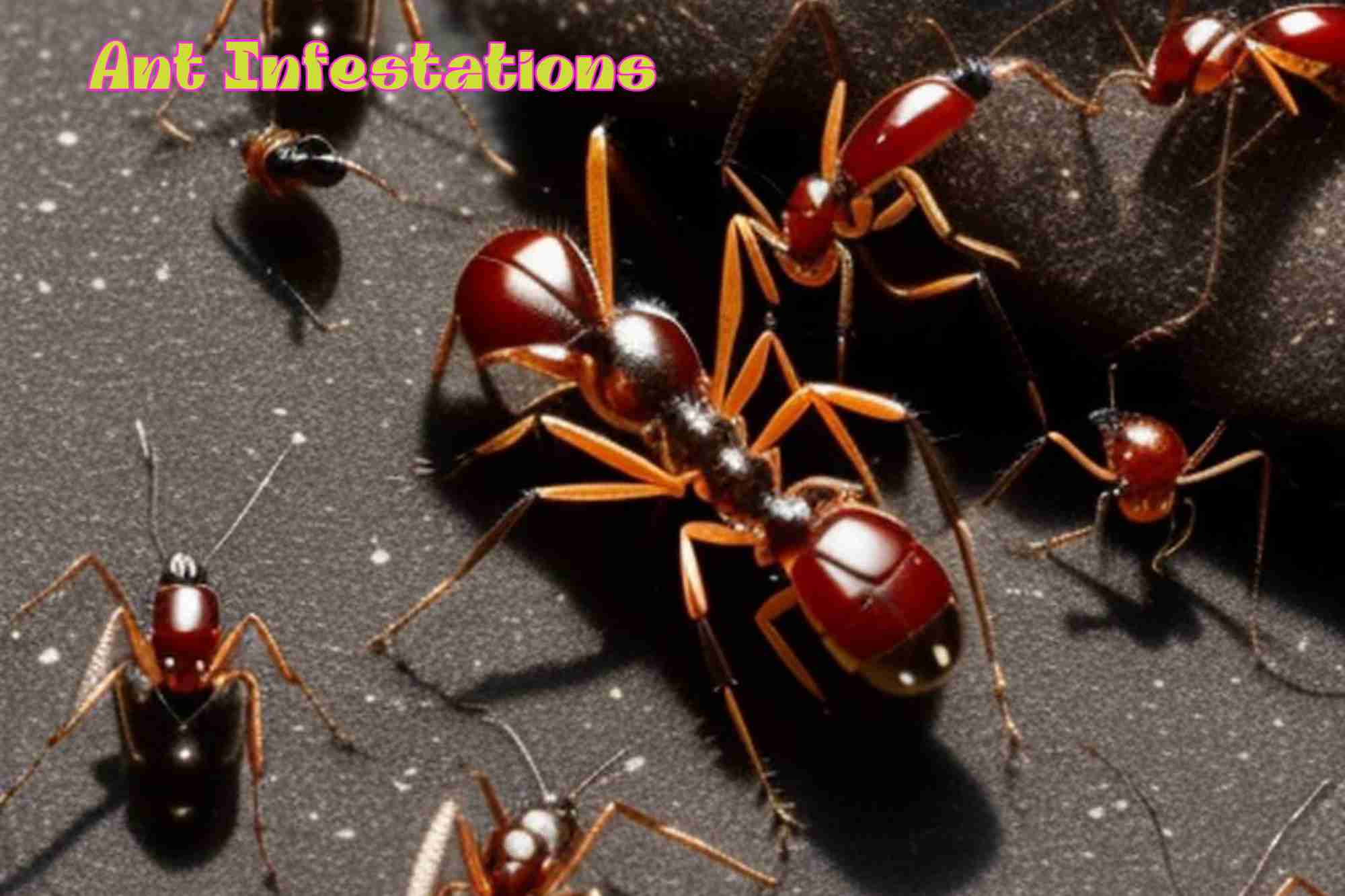It’s that time of year again when ants start making their way into our homes in search of food and shelter. While ants themselves are mostly harmless, having an infestation can be bothersome and difficult to get rid of. Here are some tips for dealing with ant infestations in your home.
Identify the Type of Ant
The first step is identifying what type of ant you are dealing with. Common ant species found in UK homes include the black garden ant, the pharaoh ant, and the pavement ant. Each species has different habits, nesting preferences and food sources. Identifying the ant will help you find and eliminate their nest. Black garden ants, for example, nest outdoors in soil, while pharaoh ants prefer warmer indoor locations like kitchens and bathrooms.
Remove Food Sources
Ants enter homes mainly in search of food. Try to remove any food sources that are attracting ants into your home. Keep surfaces and floors free of crumbs and spills. Store food like sugar, honey and pet food in sealed containers. Rubbish containing food scraps should be disposed of regularly in bins with tight fitting lids. Removing their food supply will discourage ants from entering.
Seal Off Entry Points
Once you have removed indoor food supplies, try to find and seal off where the ants are getting in. Look around windows, doors, cracks and crevices. Caulking small openings around pipes can help block off access. Weather strip around doors and windows to close gaps. Trimming back branches and vegetation touching the home is also advisable. Removing entry points forces ants to look elsewhere for food.
Use Natural Repellents
There are several natural ant deterrents you can utilise around the house. Chalk, cucumber peel, cinnamon and coffee grounds are known ant repellents you can set out along areas ants use to enter. Strong smells from herbs like mint, garlic and cloves can also repel ants. Try using essential oils like peppermint or tea tree oil mixed with water in a spray bottle on problem areas. Vinegar can also be used mixed with water to wipe down surfaces.
Non-Toxic Baits
For more severe infestations, baits offer an effective way to kill ants in the nest. Look for boric acid or borax based ant baits which are safe for use around pets and children. Place small bait traps along known ant trails and entry points. Worker ants are attracted to the bait, feed on it, and then carry it back contaminated food to feed the rest of the colony and queen, effectively killing them off. Replace baits periodically until ant trails disappear.
Call an Exterminator
For serious ant problems that persist, you may need to call in a professional pest controller Bristol. A Bristol pest controller like Advance Pest Control Bristol has access to stronger chemical treatments that can eliminate ant colonies if infestations are severe. They can also identify hidden nesting areas that may be hard to find on your own.
Be on the lookout this time of year and take action at the first sign of ants invading to get rid of them swiftly and stop them spreading.
Please explore our site for more exciting content if you like this article.





